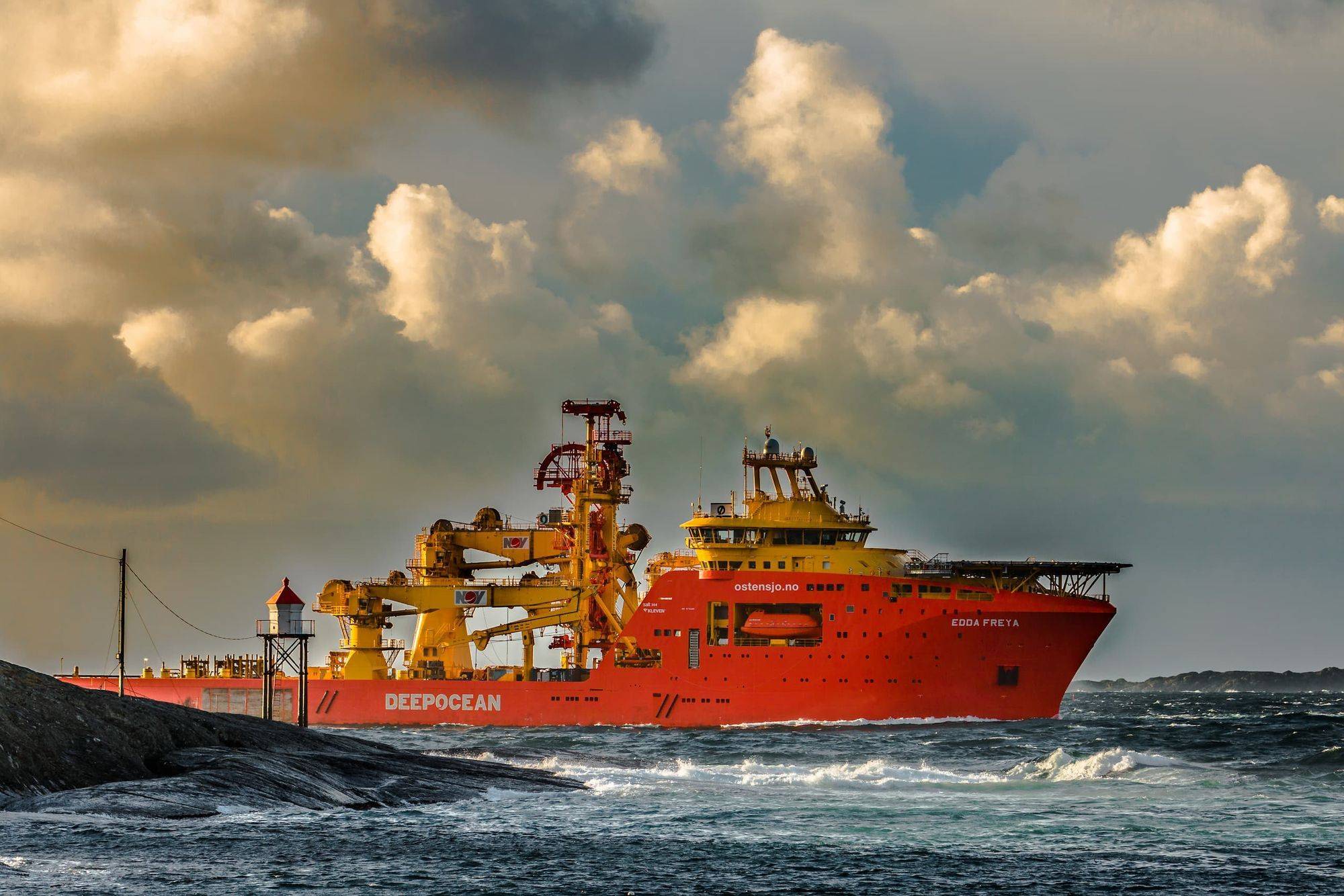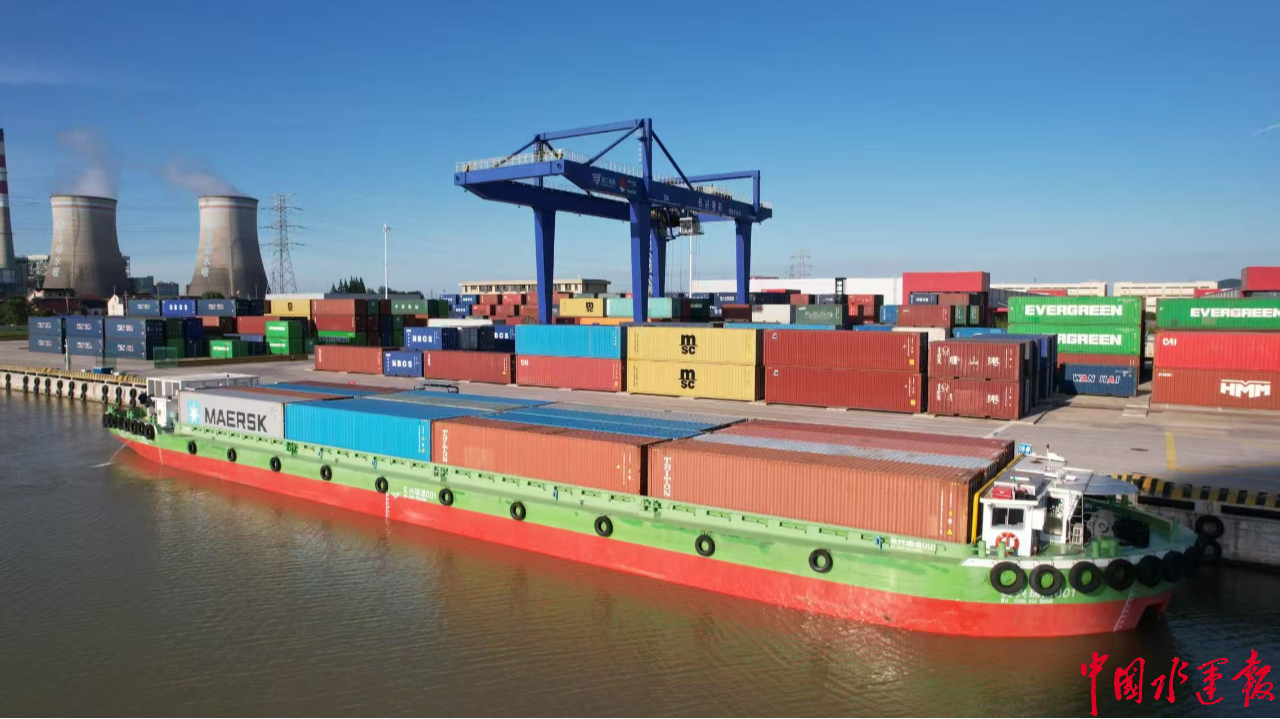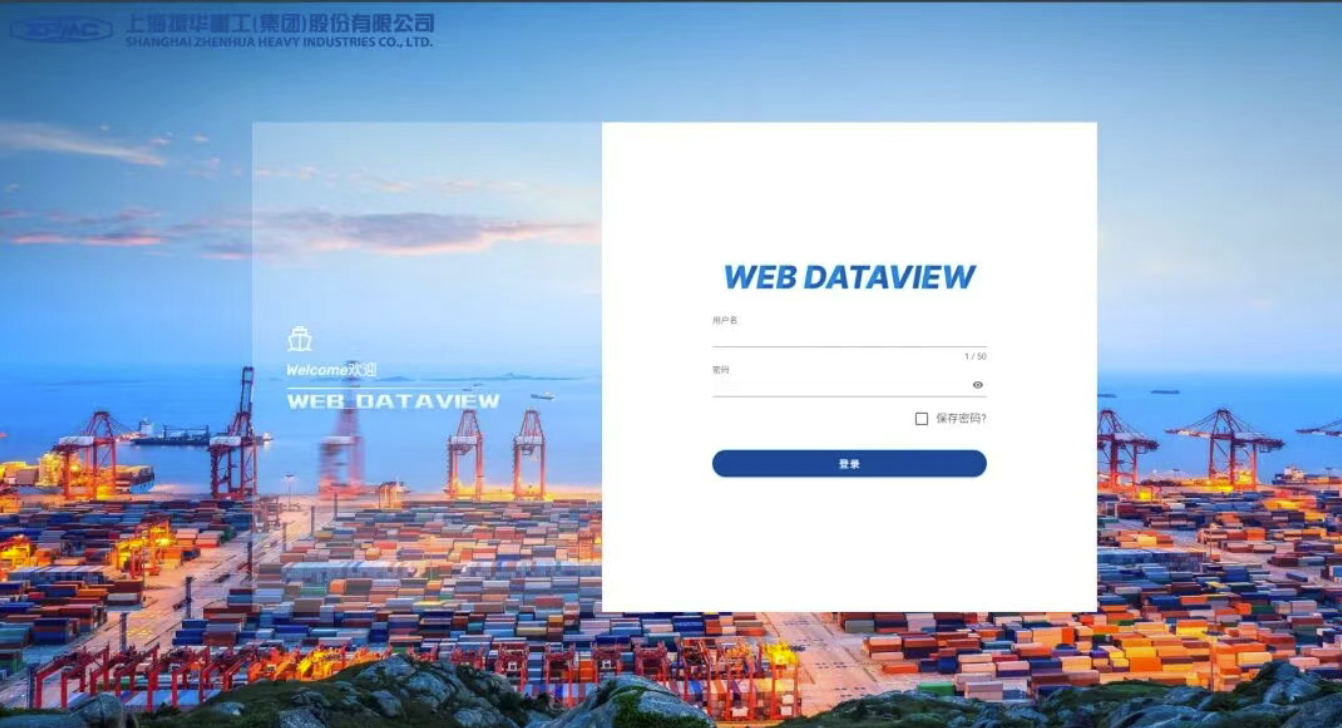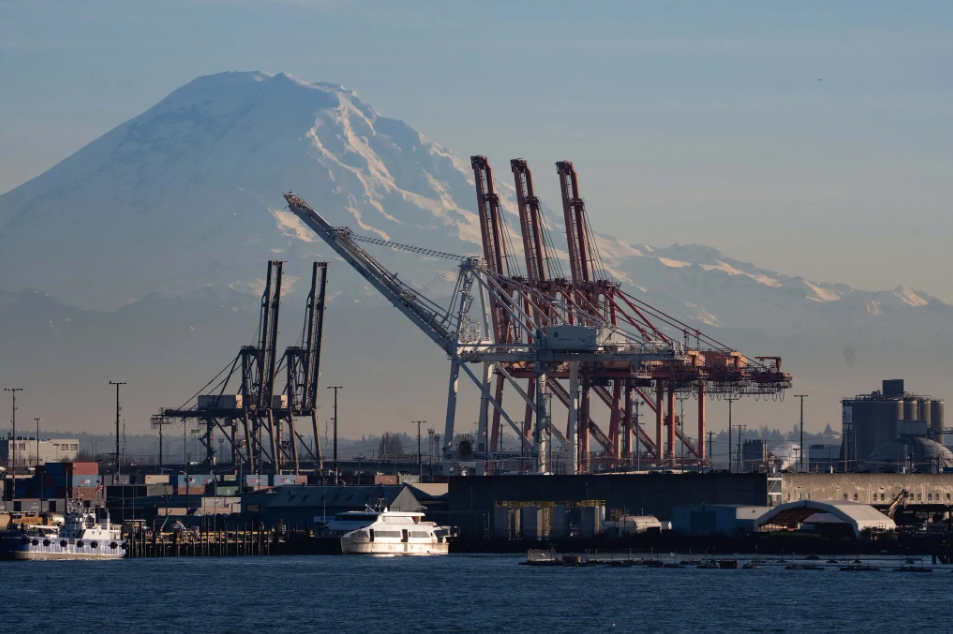KPI OceanConnect计划向更多港口推广海洋生物燃料
作者: 发布时间:2024年10月13日 浏览量:629 字体大小: A+ A-
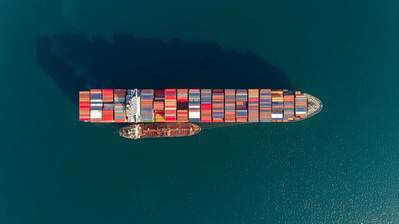
图片来自网络,版权属于原作者
来源:MarineLink 2024-10-11
翻译:国际海事信息网 檀智 张运鸿
在本周举行的SIBCON 2024会议期间,一位高级管理人员表示,鉴于明年FuelEU法规的生效导致需求增加,海洋燃料贸易商KPI OceanConnect正计划向更多港口提供用于加油的生物燃料。
替代燃料与碳市场部全球负责人杰斯珀·索伦森表示,该公司正在将其海洋生物燃料贸易范围从原先的约70个港口扩大到120个港口。
据索伦森介绍,截至目前,该公司已向80多家客户交付了300多批生物燃料。
“发展最成熟的地区是欧洲,那里有现成的生物燃料。亚洲的许多地方正在迎头赶上,”他表示,并补充说,FuelEU法规是改变需求格局的关键因素。
FuelEU标准从2025年1月1日起开始实施,该标准要求明年将航运燃料的温室气体强度降低2%,到2050年降低80%。
“虽然有很多方法可以达到FuelEU海事标准,但这是第一个对燃料燃烧提出要求的现行法规,”索伦森说。
与常规燃料油相比,符合国际可持续性和碳认证(ISCC)标准的B24混合生物燃料可减少高达20%的温室气体排放,而纯生物燃料则可能减少高达85%-95%的排放。
尽管具有减排潜力,但由于海洋生物燃料的价格溢价,其需求增长缓慢。
索伦森表示,与购买生物燃料相比,在今年启动的欧洲碳排放权交易系统(ETS)上购买排放配额更便宜。
“欧盟ETS并不鼓励使用替代燃料,”他说。
“如果你看看使用生物燃料(比如可以完全替代ETS配额的B100生物燃料)与购买等量欧盟排放配额(EUAs)之间的价格差距……生物燃料要贵得多,”他说。
欧盟排放配额(EUAs)允许在ETS区域内运营的公司排放一定量的二氧化碳。
(本文版权归国际海事信息网所有,图片版权归原作者,转载请注明出处。)
Marine fuel trading house KPI OceanConnect is looking to offer biofuel for bunkering at more ports, in view of higher demand as FuelEU regulations kick in next year, a senior executive said on the sidelines of SIBCON 2024 this week.
The company is expanding its marine biofuel trade to 120 ports, up from about 70 ports previously, said Jesper Sorensen, global head of alternative fuels and carbon markets.
The company has delivered more than 300 biofuel stems to over 80 clients to date, according to Sorensen.
"The most developed region is Europe where biofuels are available. In many locations, Asia is catching up," he said, adding that the FuelEU regulation is a game-changer for demand.
FuelEU standards start from Jan. 1, 2025, requiring the greenhouse gas intensity in shipping fuels to be cut by 2% next year and an 80% reduction by 2050.
"While there are many ways of complying with FuelEU maritime, it is the first regulation in place that puts a demand on what is burned," Sorensen said.
Biofuels of B24 blend with International Sustainability & Carbon Certification (ISCC) can provide greenhouse gas emission reductions of up to 20% compared to conventional fuel oil, while a pure biofuel can potentially reduce emissions up to 85%-95%.
Despite the potential for reducing emissions, growth of demand is gradual because of the price premium commanded by marine biofuels.
It is also cheaper to buy emissions allowances over the European emission trading system (ETS) that started up this year than it is to buy biofuels, Sorensen said.
"The EU ETS does not encourage the uptake of alternative fuels," he said.
"If you look at the price gap between taking a biofuel, say a full biofuel (B100) for instance, which will exempt you from the ETS ... that is so much more expensive than buying the equivalent EUAs," he said.
EU Allowances, or EUAs, allow companies operating in the ETS zone a certain amount of carbon dioxide emissions.
来源:simic



